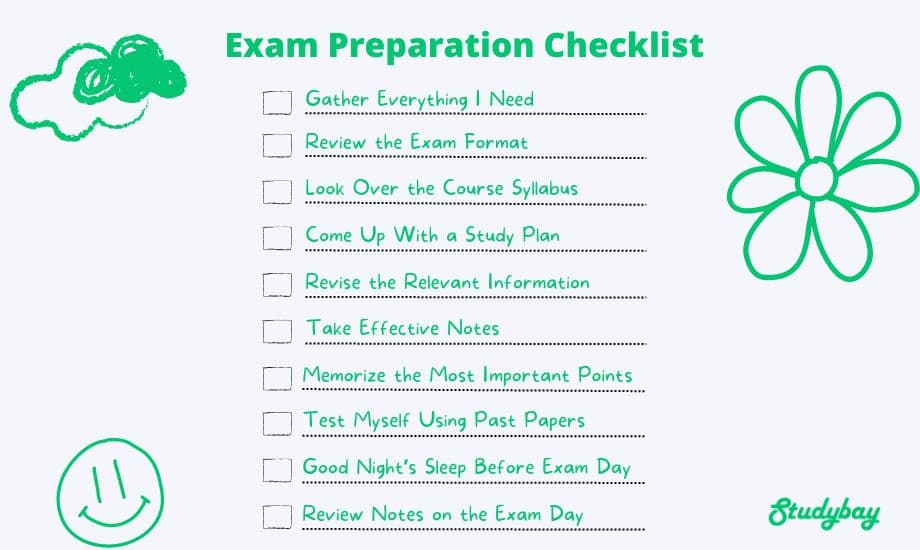The journey to becoming a doctor is a long and demanding one, but it all starts with excelling in medical exams. Whether you’re preparing for medical school admission tests like NEET or MCAT, or licensing exams such as the USMLE, PLAB, or FMGE, smart and structured preparation is the key to your success.
In this comprehensive guide, we’ll walk you through everything you need to know about medical exams preparation—from creating effective study schedules to choosing the best resources, overcoming burnout, and mastering exam strategies.
🧾 What Are Medical Exams?
Medical exams are standardized tests that evaluate your knowledge, aptitude, and readiness to either enter medical school or become a licensed medical practitioner. These exams ensure a standard of quality, competence, and safety in the field of healthcare.
🗂️ Categories of Medical Exams
🔹 Undergraduate Medical Entrance Exams

These are for students aspiring to enter MBBS/MD programs.
- NEET (India)
- MCAT (U.S. & Canada)
- BMAT (UK)
- IMAT (Italy)
🔹 Postgraduate & Residency Exams
These tests assess knowledge and specialization readiness.
- NEET PG
- MRCP/MRCS (UK)
- AIIMS PG
🔹 Medical Licensing Exams
Required to practice medicine legally in a country.
- USMLE (USA)
- PLAB (UK)
- FMGE (India)
- AMC (Australia)
🎯 Setting Your Medical Exam Goals
Before you dive into books and question banks, ask yourself:
- Which exam(s) am I targeting?
- What is my timeline for preparation?
- What score do I need to secure admission or licensure?
Clear goals will help you craft a custom study plan and stay focused.
📅 Creating a High-Impact Study Plan
A well-organized plan is crucial for retention and confidence.
✅ Steps to Create Your Study Plan:
- Break the syllabus into modules: Organize subjects weekly or monthly.
- Set realistic daily targets: Avoid overloading one subject.
- Prioritize high-yield topics: Focus on frequently asked concepts.
- Include buffer days: Account for revision and mock tests.
- Track your progress: Use apps or journals to stay accountable.
📌 Pro Tip: Use the Pomodoro technique—25 minutes of study followed by a 5-minute break—to maintain focus and avoid burnout.
📚 Best Study Resources for Medical Exams
🧪 For Basic Sciences:
- First Aid for USMLE
- Kaplan Notes
- NCERT (for NEET)
- Pathoma
- BRS Physiology
💻 Online Platforms:
- UWorld
- Amboss
- Lecturio
- Anki (Spaced Repetition Flashcards)
- BYJU’S/Aakash Live for NEET
📖 Practice Tools:
- Previous years’ question papers
- Mock exams under timed conditions
- Question banks categorized by difficulty
Choose a combination of videos, books, and practice tools that fit your learning style.
🧠 Key Subjects to Master

Medical exams often cover these core areas:
- Anatomy
- Physiology
- Biochemistry
- Pharmacology
- Pathology
- Microbiology
- Medicine
- Surgery
- Psychiatry & Behavioral Science
- Ethics and Professionalism
For clinical exams (e.g., USMLE Step 2 CK, PLAB 2), also focus on:
- Patient communication
- History-taking
- Physical examination skills
- Clinical scenarios and simulations
💡 Effective Study Techniques That Work
1. Active Recall
Test yourself rather than rereading passively. Use flashcards or quiz apps.
2. Spaced Repetition
Review concepts at increasing intervals to retain them longer.
3. Mind Mapping
Visualize topics like metabolic pathways, diseases, or drug mechanisms.
4. Group Study Sessions
Teach your peers—explaining a concept is the best way to understand it.
5. Daily Review
Spend the last hour of each day revising what you studied to reinforce memory.
🧘♀️ Managing Stress & Avoiding Burnout
Studying for medical exams can be emotionally and physically draining. Keep yourself sharp by:
- Exercising at least 30 minutes daily
- Meditating or practicing mindfulness
- Eating nutritious meals
- Getting 7–8 hours of sleep
- Taking one day off every week to reset
Remember, consistency beats cramming every time.
🧑💻 How to Simulate the Real Exam Environment
To reduce anxiety and improve speed:
- Take full-length mock tests weekly
- Use real exam timers
- Practice OMR filling (for NEET)
- Do CBT (Computer-Based Test) simulations (for USMLE/PLAB)
Review your mistakes and revise the underlying concepts.
📌 Exam Day Strategy
- Wake up early, have a light meal
- Review only key notes or formulae
- Reach the center early
- Read every question carefully—don’t rush
- Use the process of elimination for MCQs
- Manage time—don’t get stuck on one question
Stay confident—trust your preparation!
🧾 Common Mistakes to Avoid
- Procrastinating or skipping difficult topics
- Studying only theory and ignoring application
- Ignoring previous years’ question trends
- Not revising or testing yourself regularly
- Studying for long hours without breaks
🔮 Future Trends in Medical Exams Prep
- AI-powered prep tools (e.g., adaptive learning)
- Virtual reality simulations for clinical practice
- Global access to expert-led live classes
- Mobile-first learning platforms
Keeping up with new tools can give you a competitive edge.
FAQ’s
1. What is the best way to start preparing for medical entrance exams?
Start by understanding the syllabus and exam pattern thoroughly. Create a structured study plan, gather reliable study materials, and begin with foundational subjects. Early preparation with regular revisions and practice tests is key to long-term success.
2. How many hours should I study daily for medical exams?
Most experts recommend 6–8 hours of focused study per day. However, the quality of study matters more than quantity. Using techniques like the Pomodoro method and setting daily goals can improve productivity without burnout.
3. Which books are best for NEET or MCAT preparation?
For NEET: NCERT textbooks, MTG Fingertips, and previous year papers are essential.
For MCAT: Kaplan MCAT Complete Set, Princeton Review, and AAMC practice materials are highly recommended.
4. Are online coaching and video lectures effective for medical exam prep?
Yes, online platforms like UWorld, Lecturio, and BYJU’S offer comprehensive video lectures, question banks, and interactive tools. These can be very effective when used alongside self-study and traditional resources.
5. How can I stay motivated during long months of preparation?
Set achievable goals, take regular breaks, celebrate small wins, and stay connected with peers or mentors. A support system and a balanced lifestyle can help maintain motivation and reduce exam stress.
6. How important are mock tests in medical exam preparation?
Mock tests are crucial. They help you assess your preparation level, improve time management, and reduce anxiety on the actual exam day. Regular practice with mock exams boosts confidence and sharpens your test-taking strategies.
✅ Final Thoughts: Make Your Effort Count
Success in medical exams is a marathon, not a sprint. With proper planning, dedication, and a healthy lifestyle, you can crack even the toughest exams like NEET, USMLE, or PLAB. “The future belongs to those who prepare today.” Believe in yourself, follow your strategy, and take every test as a step closer to your dream medical career.





Leave a Reply